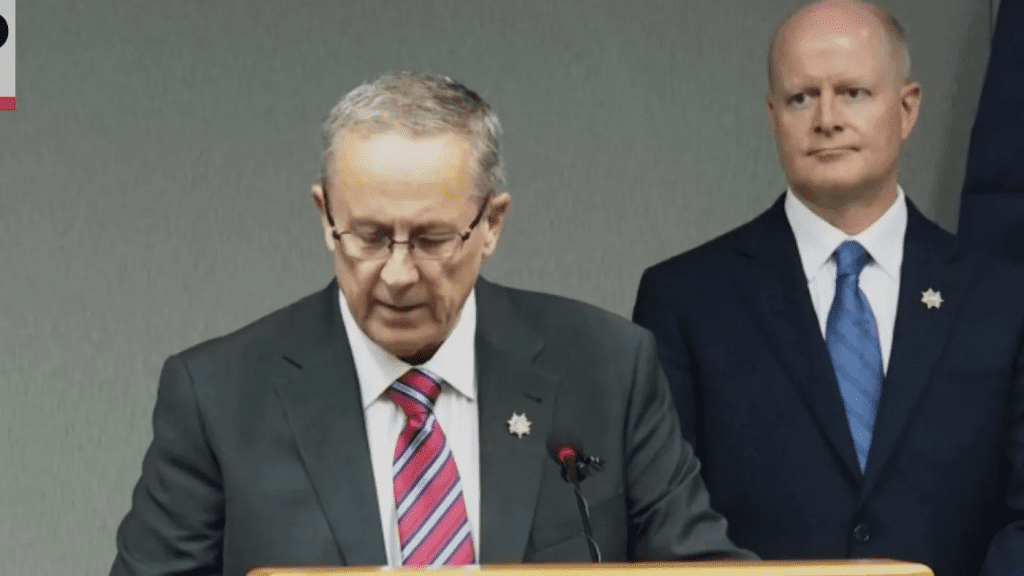Prosecutors Announce Death Penalty in Charlie Kirk Case as Suspect Faces Seven Charges
The case surrounding the assassination of Charlie Kirk has now taken a major legal turn, as the Utah County Attorney’s Office officially confirmed that the death penalty will be sought against the man accused of killing the 31-year-old conservative activist. The announcement, which came with the full list of charges, has brought a new wave of attention, outrage, and deep emotion from both supporters of Kirk and those closely following the case. It is a chilling reminder of how swiftly tragedy can move into the courtroom, and how the justice system responds when a crime shakes the nation.

Prosecutors announced that the accused will face seven criminal counts. The most serious is aggravated murder, a capital offense that makes him eligible for the death penalty. Alongside that, he has been charged with felony reckless discharge of a firearm causing bodily injury, and two counts of felony obstruction of justice. These obstruction charges stem from efforts to hide the firearm used in the shooting and to discard the clothing he wore during the act. The case goes further, with two counts of witness tampering. One involves an attempt to pressure a roommate into deleting incriminating messages, and the other relates to demands made to a transgender roommate to remain silent and avoid speaking to police. Finally, there is a charge of committing a violent offense in the presence of a child, which adds yet another serious layer to the already heavy indictment.

Because prosecutors are pursuing capital punishment, the suspect will remain held without bail. This detail is significant, as it signals not only the severity of the charges but also the commitment of the state to move forward with the strongest possible case. For supporters of Charlie Kirk, who continue to grieve the sudden loss of a figure many saw as the future of a political movement, the announcement feels like the first step toward accountability. For others, it highlights the gravity of a situation where politics, violence, and justice now intersect in the most dramatic way.
The death penalty is always a subject that sparks debate, but in this case, the decision to pursue it has been framed by prosecutors as a necessary response to the brutality of the crime. They emphasized the planning, the aftermath, and the attempts to erase evidence as factors that elevated the charges. Families of victims often describe this stage as one of painful anticipation, knowing that the legal process can be long, emotional, and filled with setbacks. Yet for many, simply hearing that the justice system is moving forward brings a measure of relief.

What happens next will be closely watched. The suspect will face a long and complicated trial process, with defense attorneys expected to challenge every piece of evidence and the state preparing to show in detail how the events unfolded. The case will also reignite national conversations about political violence, accountability, and how society responds when a life is taken in such a public and shocking way.
For now, the official announcement marks a turning point. The suspect is not just accused, but formally charged with seven serious crimes, and the pursuit of the death penalty makes this case one of the most significant in recent memory. It is no longer just about the tragedy of Charlie Kirk’s death but about the larger question of justice and how far the state is willing to go to deliver it. Those who loved Kirk will see this as a step toward closure, while the broader public will be left to follow a case that could shape discussions on violence and punishment for years to come.



